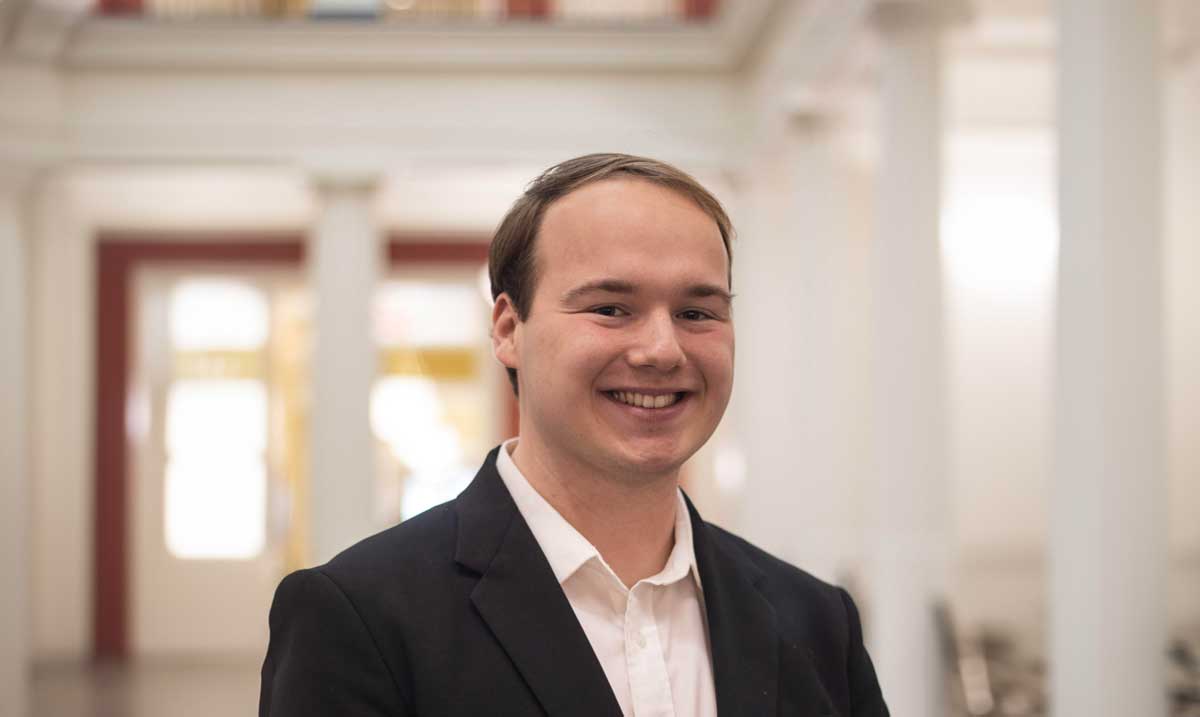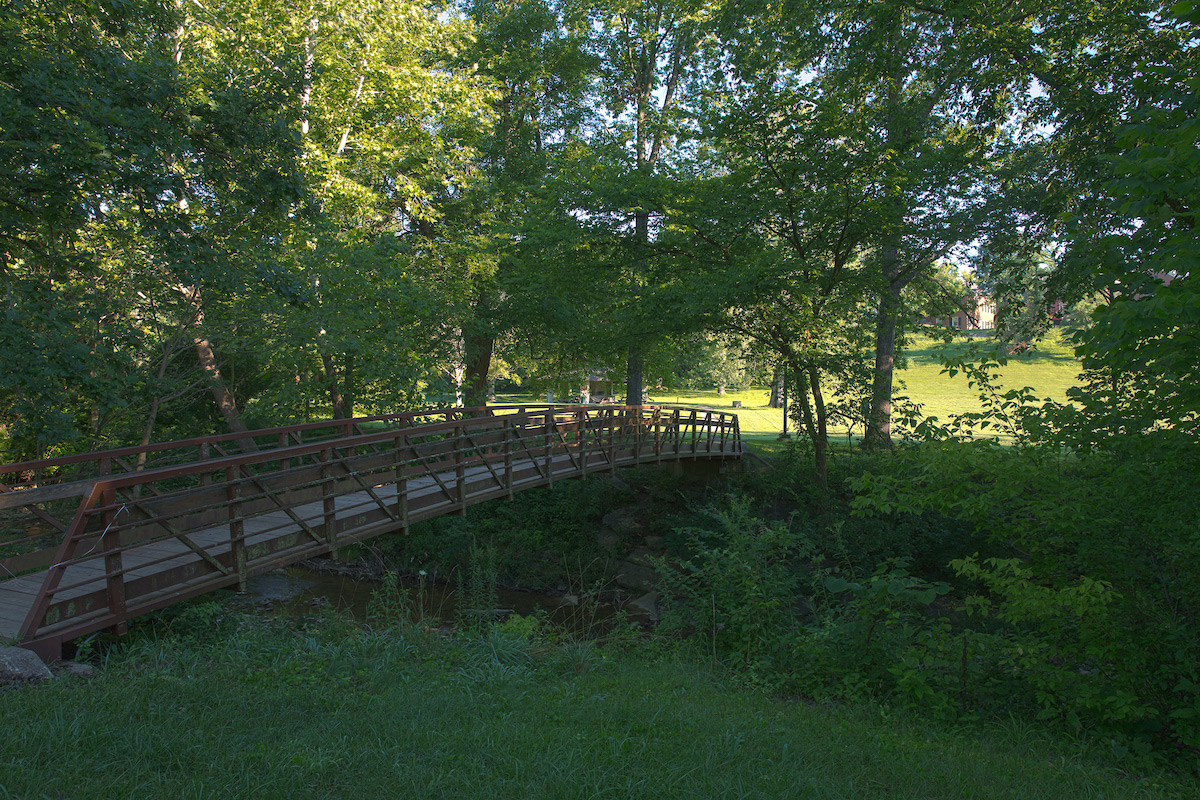
Grace Chaney '21
After a career-ending injury derailed her plans to play college soccer, Grace Chaney used the experience as an opportunity to find her true passions in biomechanics, orthopedics, and medicine.
Welcome to the College of Education, Health, and Society (EHS), where students learn how to shape the future of our society through education, kinesiology, nutrition, social work, sports, and dedicated service for the greater good.
Our majors guide EHS scholars through a liberal arts education — fundamental to Miami's Plan — with immersive focus on each major's core principles and content. Hands-on experience is central to the EHS education, so your learning will not be confined to lecture halls but expanded to labs, clinics, classrooms, fields, public facilities, and beyond.
We emphasize experiential learning to help you build the soft skills that you need to tackle challenges in these fields that help heal the human spirit: confidence, compassion, empathy, flexibility, and grace under pressure.

Whether you aspire to earn a graduate degree or certificate, update your credentials, or completely shift careers, we have something for every continuing student of the EHS. Pursue a master's degree or one of our three doctoral programs. Earn new licensure to advance your profession. At the College of Education, Health, and Society, your advancement promises a better world for all, and that is our sole commitment.
Discover the unique student experiences of EHS alumni, from their challenges to their triumphs. See how their Miami educations helped them chart professional courses that not only bring them personal and professional fulfillment, but also bring healing, hope, and inspiration to the communities they serve.

After a career-ending injury derailed her plans to play college soccer, Grace Chaney used the experience as an opportunity to find her true passions in biomechanics, orthopedics, and medicine.

Jason Meggyesy, a former host of the podcast Major Insight podcast, was interested in using a variety of media and communications platforms to build and strengthen connections with people. In this episode, he spoke about overcoming a fear of failure and the illuminating and life-changing opportunities college can offer.

Olivia Ferrazza seamlessly connects her interests in nutrition, food insecurity, and environmental sustainability. But it didn’t happen overnight. Olivia began college on a very different path before she learned how to put all the pieces together.

Megan Cremeans wants to spark social and political change by exploring the ways democracy and education are inseparably intertwined. As an Integrated Social Studies Education and Political Science double major, she uses applied policy to find practical ways to fight inequality and injustice, especially in schools where she researches public school funding disparities in Ohio.
of Sports Leadership and Management graduates employed or enrolled in graduate school within one year of graduation
Kinesiology and Exercise Science Department in Ohio based on universities.com rankings
Want to know what the Miami experience is all about? Meet the people who make Miami such a special place.

Integrated Mathematics Education • Mathematics

Teacher Education • Media, Journalism, and Film

Integrated Social Studies Education • Political Science • Teaching English to Speakers of Other Languages (TESOL)
January 20, 2026
Ballard and Timmerman publish editorial in Frontiers in Physiology
Get an inside look at EHS facilities, located through McGuffey, Phillips, and Laws Halls at Miami University.


